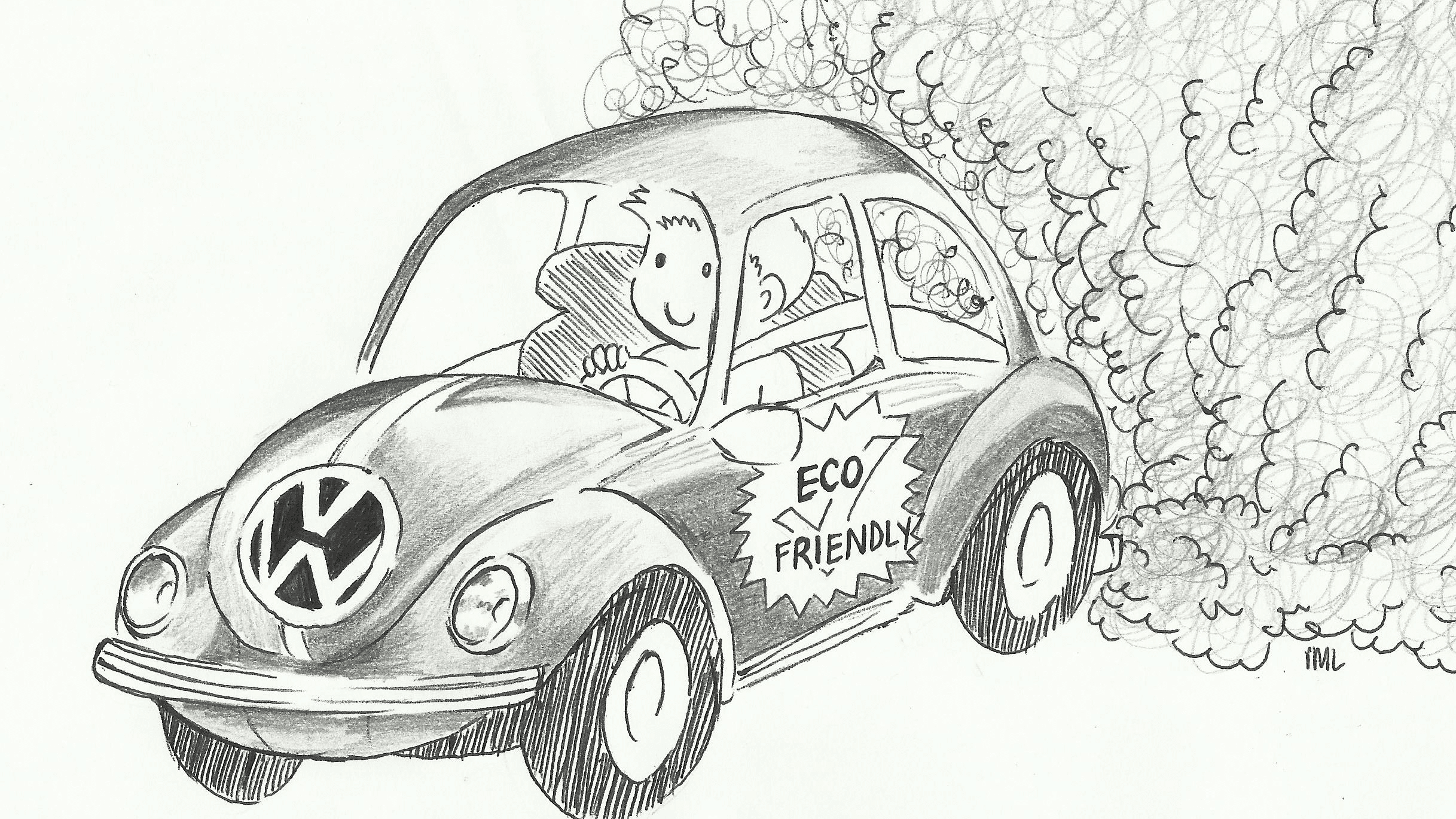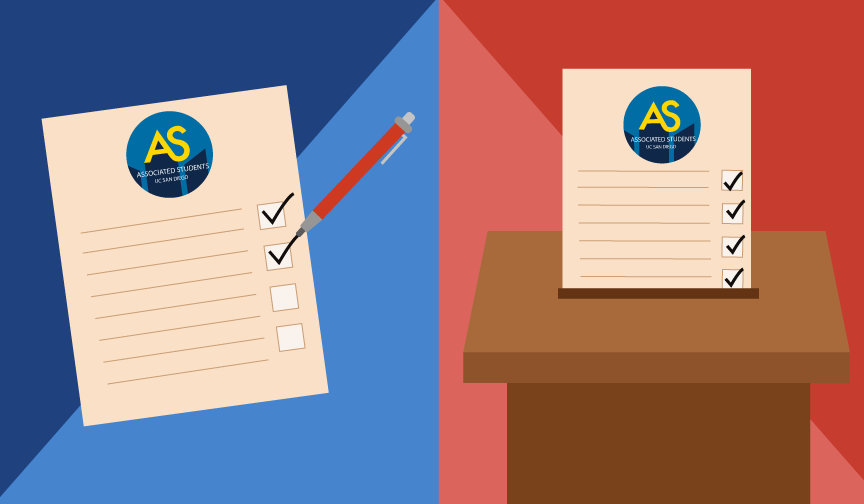
It’s 2015, and we are still trying to cheat climate change — at least, the German car company Volkswagen is, but we’ll come back to that later. It all started decades ago, when scientists realized just how harmful man-made pollution is to the ozone layer, particularly those pollutants from power plants and automobiles. Together these sources were releasing a family of nitrous oxide gases that were creating a new, completely man-made level of pollution in our atmosphere, according to HowStuffWorks. These pollutants are highly toxic to humans. The New York Times quotes that human-caused ozone pollution contributes to 500,000 asthma hospitalizations yearly. Worldwide, it kills about 470,000 people a year, the journal Environmental Research Letters reported in a 2013 study.
In other words, these pollutants are serious and entirely our fault: a catastrophe, actually. We humans were — and still are — literally poisoning ourselves via our atmosphere. To curb the output of such pollutants into the atmosphere, regulations were made around the globe limiting emission levels, especially those of cars. In the United States, this resulted in the Clean Air Act. Although created in 1970, it wasn’t until the 1990 amendment that the use of technology was fully required to measure standards, the Environmental Protection Agency reported. Although reluctant, the automobile industry — Volkswagen included — was forced to comply, or so it seemed.
Now flash back to a few weeks ago, when we discovered that Volkswagen duped us all. Instead of rising to the difficult task of developing new technology to meet emission standards, Volkswagen cheated. It built a device that could detect when the car was being tested for emissions standards, and would temporarily change performance to pass the test. However, after the test the car reverts to its old ways, emitting nitrogen oxide at 40 times the legal U.S. limit, BBC News reported.
And the catastrophe deepens. According to Bloomberg, 11 million Volkswagen cars are fitted with this device worldwide. Not only that, the New York Times reminds us that some of the cars were marketed as green cars, with the Jetta TDI even being praised as the “Green Car of the Year” by the executive director of the Sierra Club. The depth and scale of the scandal continues to appear worse and worse.
Investigations are currently continuing to see whose head (or heads) shall be served. Volkswagen’s CEO Martin Winterkorn has resigned, but a question remains: How could the entire company and all of its customers stand by and allow this corrupt business practice to continue unchecked? After all, CNN points out that one out of every nine cars globally is a Volkswagen car. So why didn’t any whistleblowers come forward sooner? The answer probably lies somewhere in stock shares, company pressure and cold hard cash.
Although Volkswagen is expected to pay billions in reparations, it hardly seems sufficient. The truth is, when it comes to climate change, it will have zero impact. Although a lawsuit is being pursued against Volkswagen, it’s not environmentally based. As the New York Times points out, the Clean Air Act includes no criminal penalties for automobile violations. The lawsuit is coming from the fraudulent marketing violations. In addition, reparations are only going toward those who lost investments in the companies. From the legal perspective of the environment, this is a huge slap in the face.
In present times, climate change is still not being taken seriously by corporations, which predictably accompanies a lack of regulation. Take a look at the Shell. The New York Times reported this month that Shell decided that it would stop participating in arctic drilling. While this is a commendable decision, it stemmed from capitalistic motivation. Shell realized that drilling in the arctic would not yield sufficient profits. For corporations, the environment is not their top priority. But now is the time to change that. For one, the United Nations just announced 18 Sustainable Development Goals to be achieved by 2030. Taking urgent action against climate change is one of them.
In addition to the UN goals, legal repercussions for companies affecting the global climate need to exist. More importantly, if a corporation damages the environment, it should be financially required to invest in technology for amending its error. There is a dire need for more oversight on corporations that significantly affect the environment. The government should also offer better incentives to encourage whistleblowers to come forward sooner. It may already be too late to stop the pollution from further damaging the environment, but there’s still time to correct the error of our ways.














